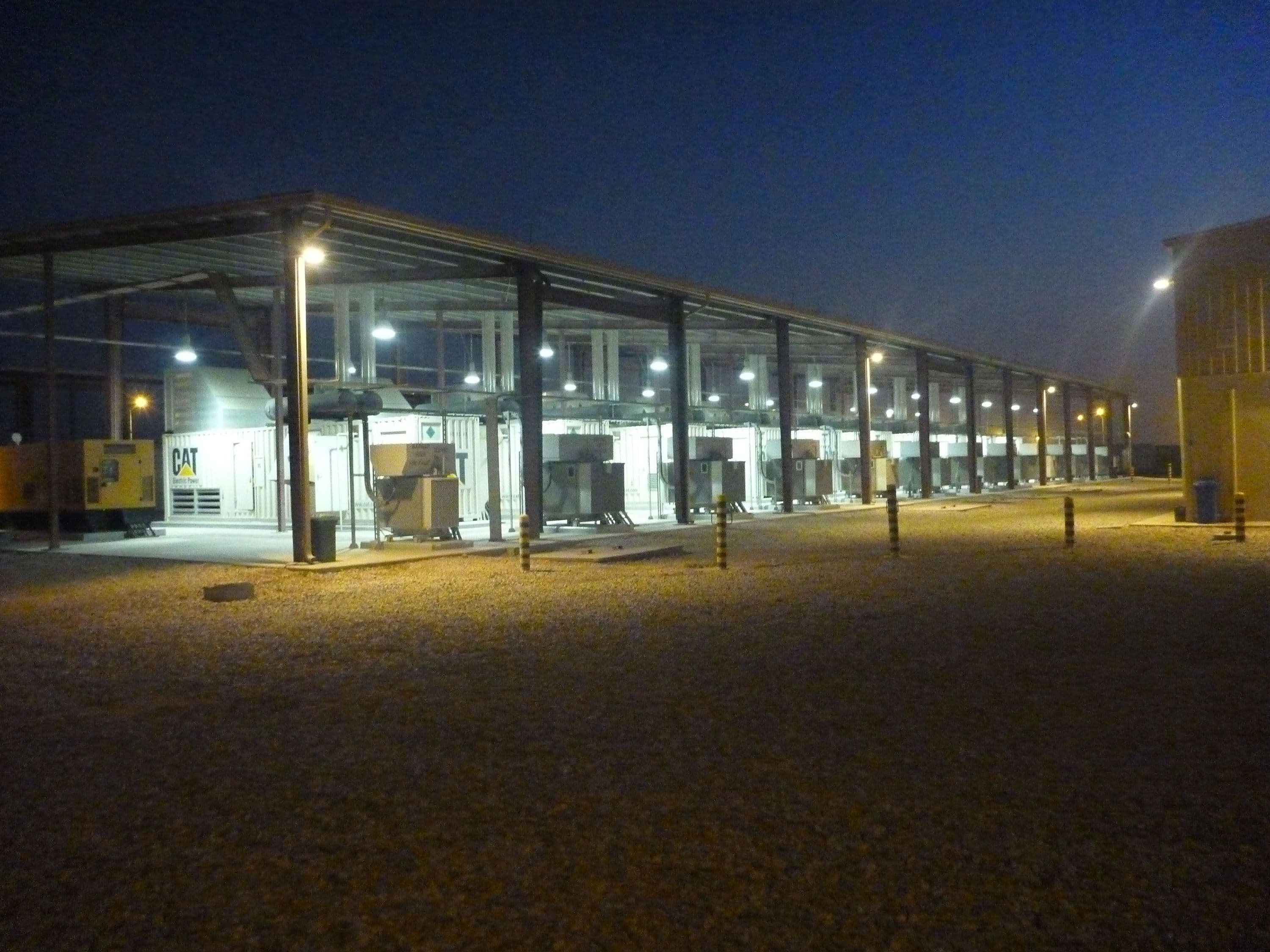

U.S. Army LOGCAP Biodiesel
Client: U.S. Army
Location: Bagram, Afghanistan
Business Segment: Mission Solutions
Industry: Government

Executive Summary
Fluor's Logistics Civil Augmentation Program (LOGCAP) team found a novel way to turn discarded cooking oil into a cash-saving, environmentally-friendly operation. Instead of paying for the used cooking oil's disposal, it was converted into biodiesel and repurposed to fuel the base's solid waste incinerators. The safer alternative to traditional fuel saved the U.S. government more than $1 million. This was the first time the program had been successfully implemented at a Department of Defense Contingency location.
Client's Challenge
Bagram Airfield in Afghanistan produced approximately 250 gallons of cooking oil daily. The U.S. Army needed a better way to dispose of the used cooking oil than paying to have it hauled away.
Instead of getting rid of the oil, repurposing it to fuel the base's solid waste incinerators proved a much better alternative. The idea was presented to the client as a cost avoidance measure with the added benefits of sustainability and environmental responsibility.
Fluor's Solution
Fluor outperformed biodiesel conversion estimates by 10% in the program's inaugural year, achieving a cost avoidance of more than $1 million in just 16 months. The program was originally estimated to save the U.S. government almost $700,000 in its first year of operation.
Using biodiesel to fuel the incinerators is a much safer option than traditional methods. Biodiesel is both biodegradable and non-flammable. While JP8, the type of jet fuel used at the base, has a flashpoint of 98°F, biodiesel has a flashpoint of 300°F. Explosion-proof motors used on the new equipment made the product safer as well in the event of a short in the machine.
Turning thousands of gallons of waste into environmentally-conscious fuel also significantly reduced the project's environmental impact. According to the California Air Resources Board, burning biodiesel instead of traditional fuel sources decreases carbon emissions by 92%.
Conclusion
Fluor's LOGCAP team implemented a first-of-its-kind biodiesel conversion program at Bagram Airfield in Afghanistan. By converting the used cooking oil produced at the airfield into biodiesel, the program saved the U.S. government more than $1 million in cost avoidances in just 16 months.
Aside from cost savings, the converted biodiesel was a much safer, environmentally-friendly option than traditional fuel. The program also provided local training opportunities. Although the streamlined system only required between one and two hours of labor per 100-gallon batch, the majority of the day-to-day operation of the system was performed by local foreign national employees. The employees could take the skills learned in this process and transfer the knowledge for use in their local economies.


&w=3840&q=75)
